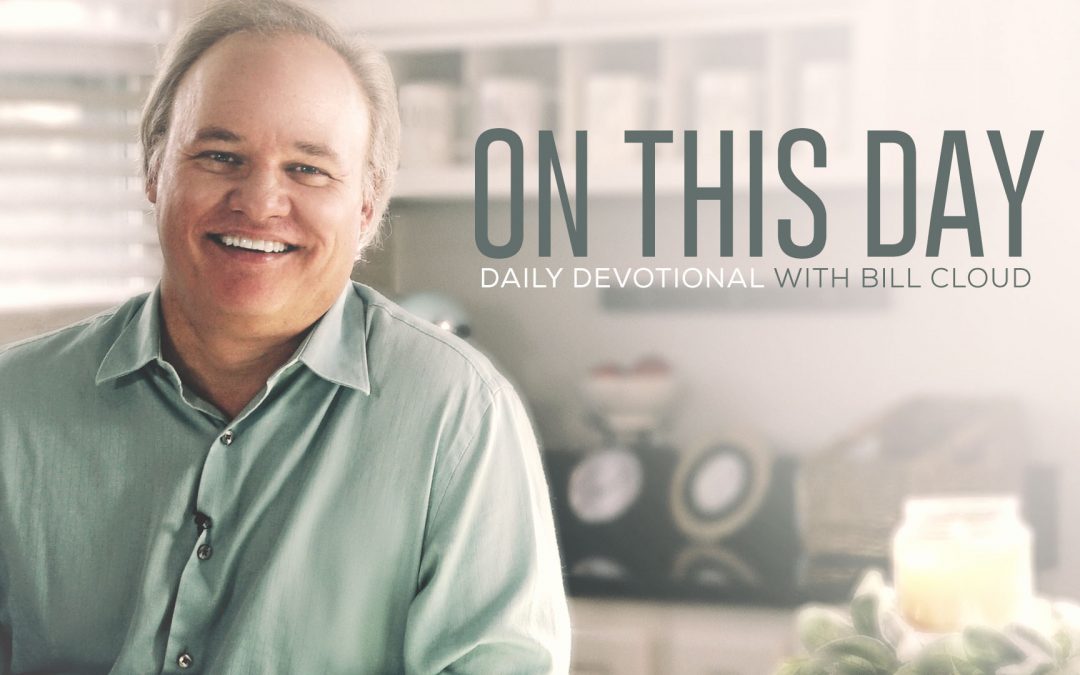Today, the 9th of Tishri, is the day before Yom Kippur. And so on the eve of Yom Kippur – the day when we entreat the Creator to forgive us of our transgressions – do we stop and consider just what are the most serious of our crimes? Perhaps with some it is anger; with others greed or lust; maybe fear and doubt. But consider it might be something else that we are all guilty of from time-to-time, if not continually, and which is oftentimes overlooked. The “something” to which we refer is how we treat one another.
Judaism believes that the Temple was destroyed because the people were continually and consistently mistreating their fellow man. Think of it: God’s house on earth was leveled to the ground, not because of some blatant transgression that we would imagine it to be but because His people were fighting among themselves. In fact, the Talmud records:
“Why was the second Temple destroyed? Because of sinat chinam: senseless hatred for one another.”
It would seem that our greatest adversary is not the one without but the one within. The greatest threat to us is not external foes, but the internal foes. That should provoke a very sobering thought for God’s people, especially if we believe that we are living in the end of days. His people have been given a mandate to be a light to the nations and, as that light, we are to reflect the attributes and character of the One who lives in us. If the world is observing us – and they are – what are they seeing? Are they witnessing a faithful representation of the Almighty? Here is what they should be seeing in us according to the Messiah.
“By this all will know that you are my disciples, if you have love for one another.” (John 13:35)
It is our love for one another that identifies us as His disciples. That means our light to those in darkness should be fueled by our love for God and for each other. But is that what the world sees? Interestingly, of the seven congregations mentioned in the book of Revelation, only one of them is commended by the Messiah without any reservation. That congregation was Philadelphia – a Greek term that means “brotherly love.” It is to that particular group of people that Messiah made a specific promise.
“Because you have kept My command to persevere, I also will keep you from the hour of trial which shall come upon the whole world, to test those who dwell on the earth.” (Revelation 3:10).
Apparently, the only people who will be able to withstand things that are coming upon the earth are those who obey His Word and who display a genuine love for one another. So often we become so focused on being faithful to certain aspects of obedience that it becomes easy to overlook the fundamental instruction to love one another.
In Hebrews 12, the writer describes a day when God shakes the heavens and the earth. Everything is shaken in order to determine what is worthy of remaining and what is not. In the first verse of Hebrew 13, the writer says, this, “Let brotherly love endure.” Literally it says, “Let Philadelphia continue” which alludes to the fact that the only congregation that is given that specific promise by Yeshua is the one that kept His word and displayed brotherly love.
It is important to walk faithfully in what God has instructed us to do. It’s equally important manifest love and respect for one another as we seek to obey God. This is the combination that everything else hangs on – “Love God and love one another.” This will endure any and all trials that come our way. If all the world sees in us is backbiting and bickering can we really blame them for the negative view they have of God’s people? So on the eve of Yom Kippur, perhaps we should analyze our lives to see whether or not we are exhibiting the love and respect for each other that Messiah calls us to.
So, on this day, let us seek to do what is right in His eyes rather than seeking to fulfill a need to be right. Yom Kippur is a time to acknowledge our sins and, at the same time, recognize God’s mercy and forgiveness towards us. Shouldn’t we be that way with each other?
Shalom.


Recent Comments